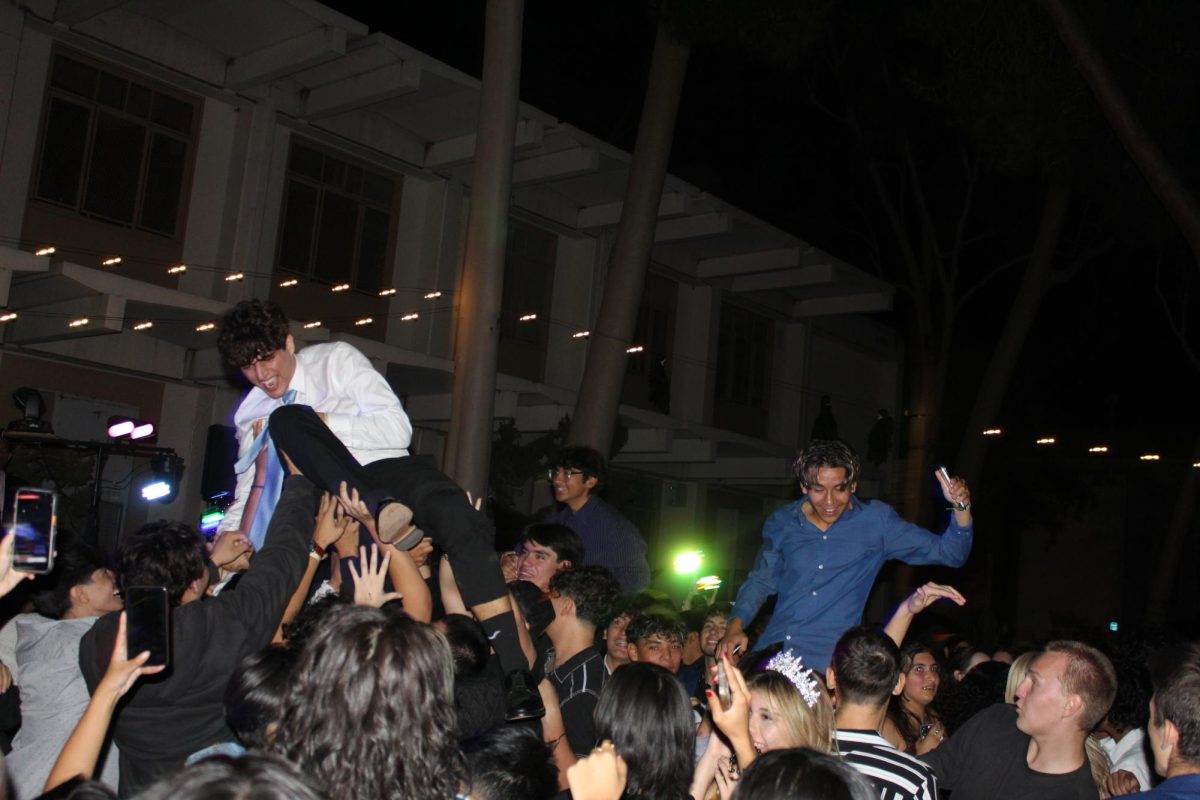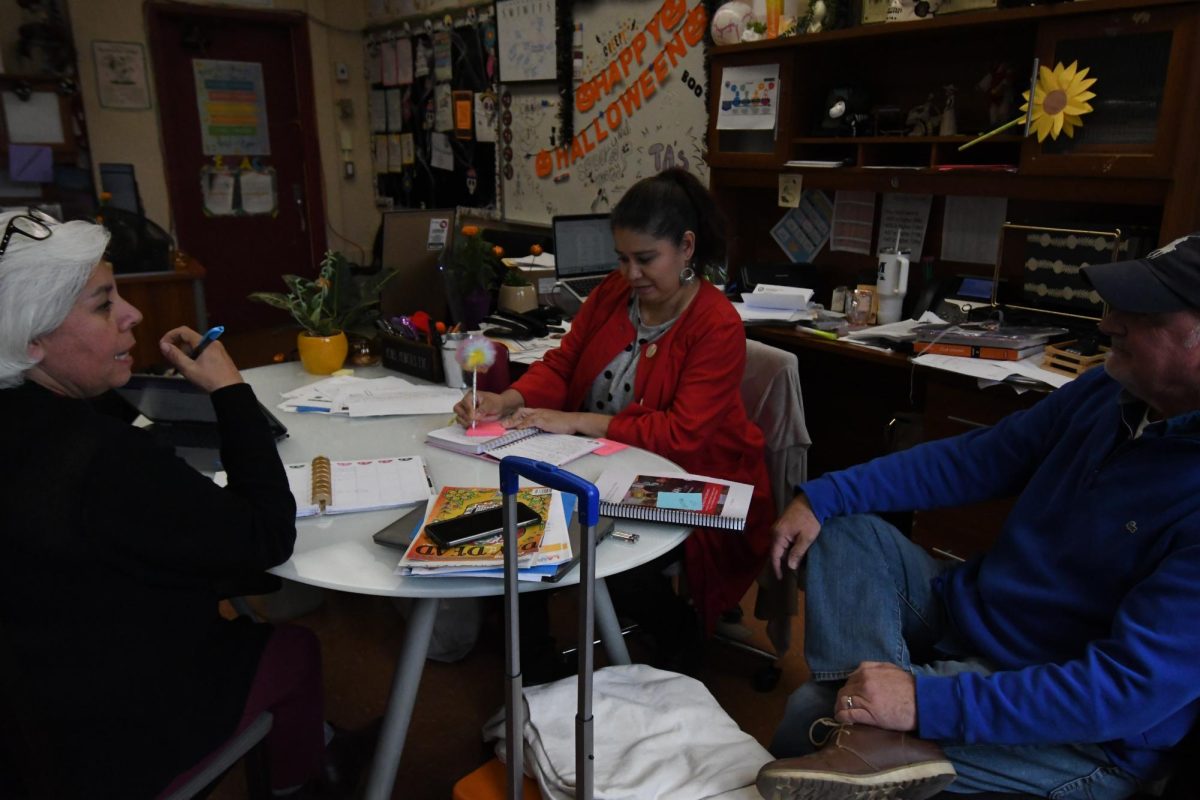13 Years a Rebel
As sexism clouds Iran, how far will you go to stand up for what is right?
Jan 9, 2019
Iran is infamous for its roiling political turmoil, Islamic fundamentalism, and extreme gender inequality.
Under the Islamic regime, restrictions are constantly placed on women, making their lives almost unimaginable to Westerners.
The women of Iran are plagued by systematic pressure across the board. In public, constricting dress codes are enforced. An Iranian man can ban his wife from working if he believes this would be “incompatible with the interests of the family or with his or his wife’s dignity.” In many universities, women are banned from studying certain fields such as STEM, entirely.
At the age of nine, an Iranian girl is considered a woman and must follow strict rules like wearing a hijab, wearing loose fitting clothing that covers the skin and marrying at a young age. But this is only the tip of the iceberg.
The Basij, the Islamic Revolutionary Guards Corps’ paramilitary organization, arrests women everyday for not following Islamic custom.
The Basij typically targeted young girls for painting their nails, wearing bright colors, showing too much hair, wearing their hijab improperly, walking on the streets with a significant other or anything that would “provoke” men sexually.
But a young girl from Isfahan, south of the capital city Tehran, stood up for her rights. She wouldn’t be silenced by the Basij. She wasn’t afraid.
“Their job is basically to dehumanize people in any way possible,” said Bahar Ghandehari. “One day they even entered our apartment building to throw down every satellite dish from the roof, making sure people are not influenced by the ‘evil’ western world.”
Ghandehari attended an all-girls public religious school in Isfahan. Students took religion classes and were expected to read the Qur’an, the central religious text of Islam, daily. They were also expected to recite the Namaz, the daily prayers, in the school’s prayer room at noon. After classes, she studied English with a private tutor.
As she grew up experiencing these inequalities over the 13 years she lived in Iran, Ghandehari knew that she had to rebel against these standards. She stood by her liberal family teachings and spoke up for herself and other women.
“Thankfully, I was raised in an open-minded family where I learned to stand up for myself,” Ghandehari said. “But that only meant that I would have to put myself in dangerous situations.”
Unafraid of the consequences of her actions, Ghandehari would talk back to the Basij, and rebel against the hijab.
She even cut her hair short to resemble a boy to show the superficiality of gender.
During her leisure time, Ghandehari enjoyed dancing and swimming. Such hobbies in Iran are executed in a completely foreign manner to what the average Westerner might expect.
Ghandehari had no choice but to dance underground because it is prohibited in Islam, Due to the conservative practice of keeping most public places segregated, her male family members never even saw her swim.
She also participated in the Green Movement—a political movement that swept urban areas after the 2009 Iranian presidential election.
Protesters demanded that Islamic authorities remove President Mahmoud Ahmadinejad from office for supposedly stealing the election from the moderate candidate, Mir-Hossein Mousavi. Mousavi promised the people that if he was elected, he would amend rights in favor of women, subsiding the inequality between men and women.
“I witnessed people get beaten up, shot, arrested and even disappear for supporting a candidate who promised them more freedom,” Ghandehari recalled.
Ghandehari’s passion for law and politics was sparked by the Green Movement, but Iranian society limited her opportunities and the chances of achieving her goals.
When her parents to move to the United States for a better future, she took it, even though she knew she would leave her family behind..
“Like any other immigrant, freedom is what I was looking for when I decided to move to the states,” she said. “Here I have the opportunity to turn my dreams into reality.”
Now living here, Ghandehari appreciates watching her fellow students come together to form a community regardless of their sexuality, beliefs or ethnicity.
She particularly admires having freedom to express herself here, whereas in Iran, the wrong words could get a person arrested even tortured to death. Exercising basic human rights was a subversive activity.
“The experiences I gained in these 13 years of living in Iran allows me to look at everything from a very different perspective and appreciate every little opportunity that I know many of my friends won’t get to experience,” Ghandehari said.








